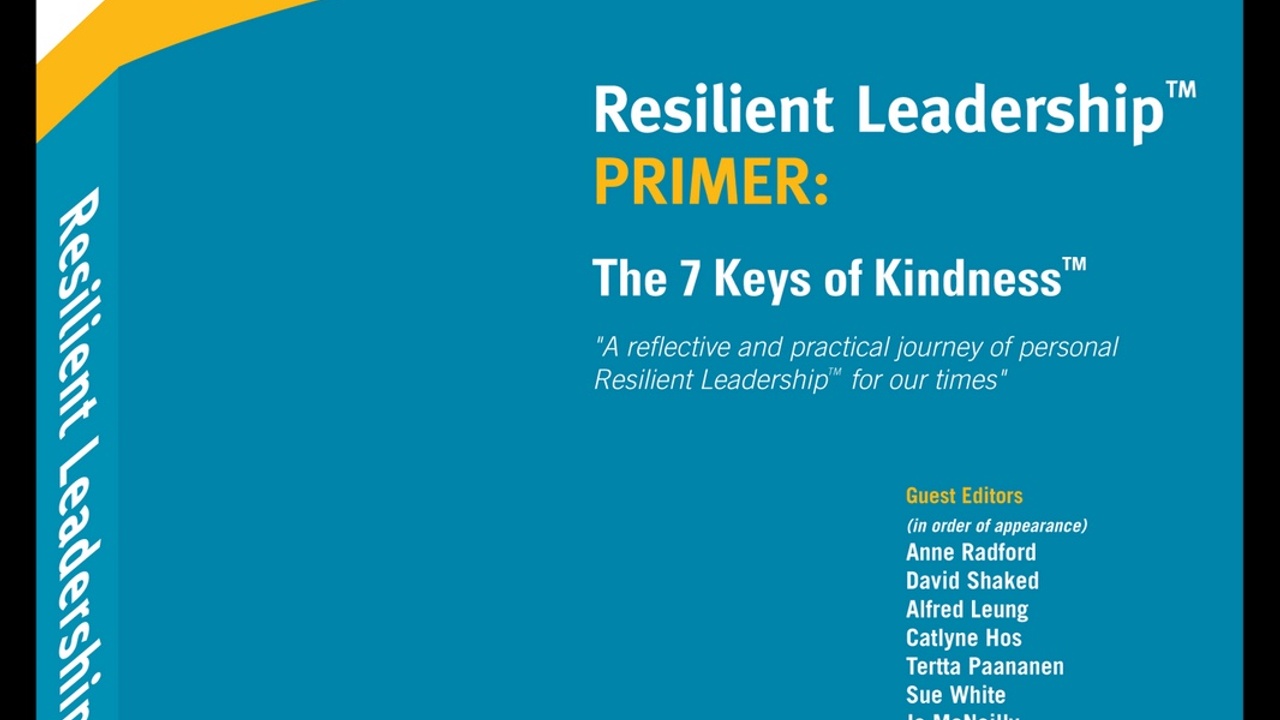
You're Not as Virtuous as You Think You Are
Jan 22, 2016A few weeks ago after the busy Christmas season was over, I gave myself some luxurious reading time. First on the list was the pile of potentially interesting newspaper articles that I’d put aside during the months leading up to Christmas.
One headline caught my eye: “You’re not as virtuous as you think you are.” What might this one teach me?
The writer describes teaching Stanley Milgram’s electric shock experiment to business school students, as shown in the movie “Experimenter.” To quote the article:
A subject, assigned to be the “teacher,” is ordered to administer increasingly intense shocks to another study participant in the role of “learner,” allegedly to illustrate how punishment affects learning and memory. Except, unbeknownst to the subject, the shocks are fake, the other participant works for the lab and the study is about obedience to authority. More than 60 percent of subjects obeyed fully, delivering up to the strongest shock, despite cries of pain from the learner. Those cries were pre-recorded, but the teachers’ distress was real: They stuttered, groaned, trembled and dug their fingernails into their flesh even as they did what they were asked to do.
One student questions Mr Milgram how this deception is justified. Mr Migram replies that the deception is an illusion with a revelatory function. The student disagrees.
When the writer asks his Harvard Business School students whether, as participants, they would have had the courage to stop administering shocks, at least two thirds raise their hands, even though only one third of Milgram’s subjects refused. The writer refers to this gap between how people believe they would behave and how they actually behave as “moral overconfidence.”
In the lab, in the classroom and beyond, we tend to be less virtuous than we think we are. And a little moral humility could benefit us all. he says.
Moral overconfidence is on display whenever people have overestimated their inherent morality and underestimated the influence of situational factors. Although the writer thinks that people are generally better served by being over confident and optimistic than by lacking confidence or being too pessimistic, moral overconfidence can lead us astray.
We may forge ahead without pausing to reflect evidence that our overconfidence may not be warranted; or on the ethics of our decision in response to the pressures of the situation. This gap between how we’d expect ourselves to behave and how we actually behave tends to be most evident in high-pressure situations. This gap was evident in Milgram’s experiments. And at the corporation Enron - what began as innovative and legitimate financial engineering progressed to a corporate shell game that met the letter of the law but flouted its spirit - and ultimately led to Enron’s collapse.
In both cases the people involved did not intend the final outcome when they began. There would be far less such tragedies if we tempered our moral overconfidence with some moral humility, continues the writer. And more so if we encourage an environment where a wider perspective for possible solutions to moral dilemmas is applauded.
Leaders have an additional duty to reduce the incentives and pressures in their organizations that are likely to encourage moral transgressions — and to clear a path for employees to report behavior that steps over boundaries. In other words to clear a path for moral courage to be “OK.”
The writer concludes by saying:
Milgram apparently overrode that instinct [of moral courage]. But we shouldn’t. If we all maintain a healthy dose of moral humility, we can avoid the blind obedience of the subjects in his experiment, as well as the harm we can unwittingly cause when in positions of authority.
What did I learn from this article?
I liked the writer’s encouragement that it is OK to allow myself to step back in a high pressure situation, even for a few seconds, and ask myself if how I’ve decided to respond really is in the best interests of all concerned? And further, I should be grateful when others allow themselves to do this in situations in which I am involved. Indeed I should applaud them!
A good lesson, and one that I am exploring with my colleagues around our Resilient Leadership.
Wendy
We will never sell your information, for any reason.

